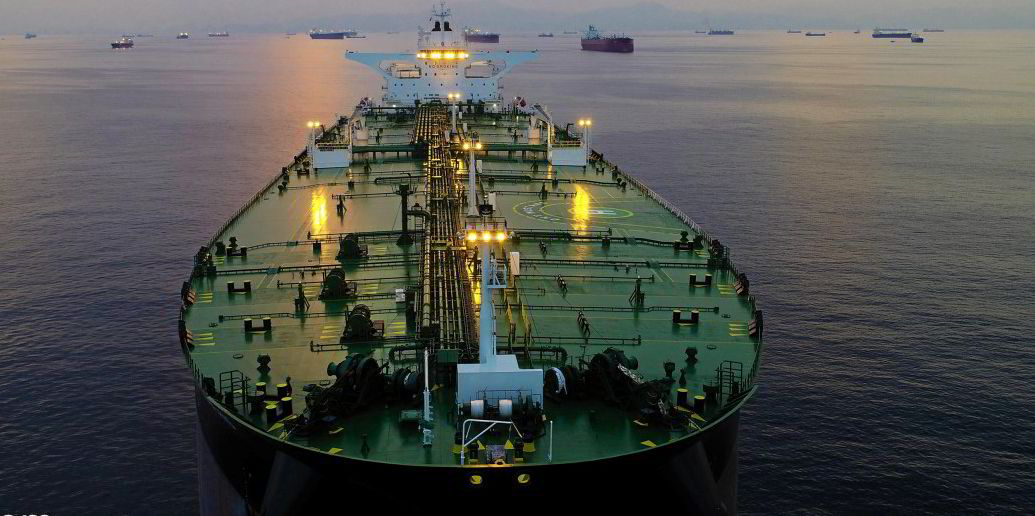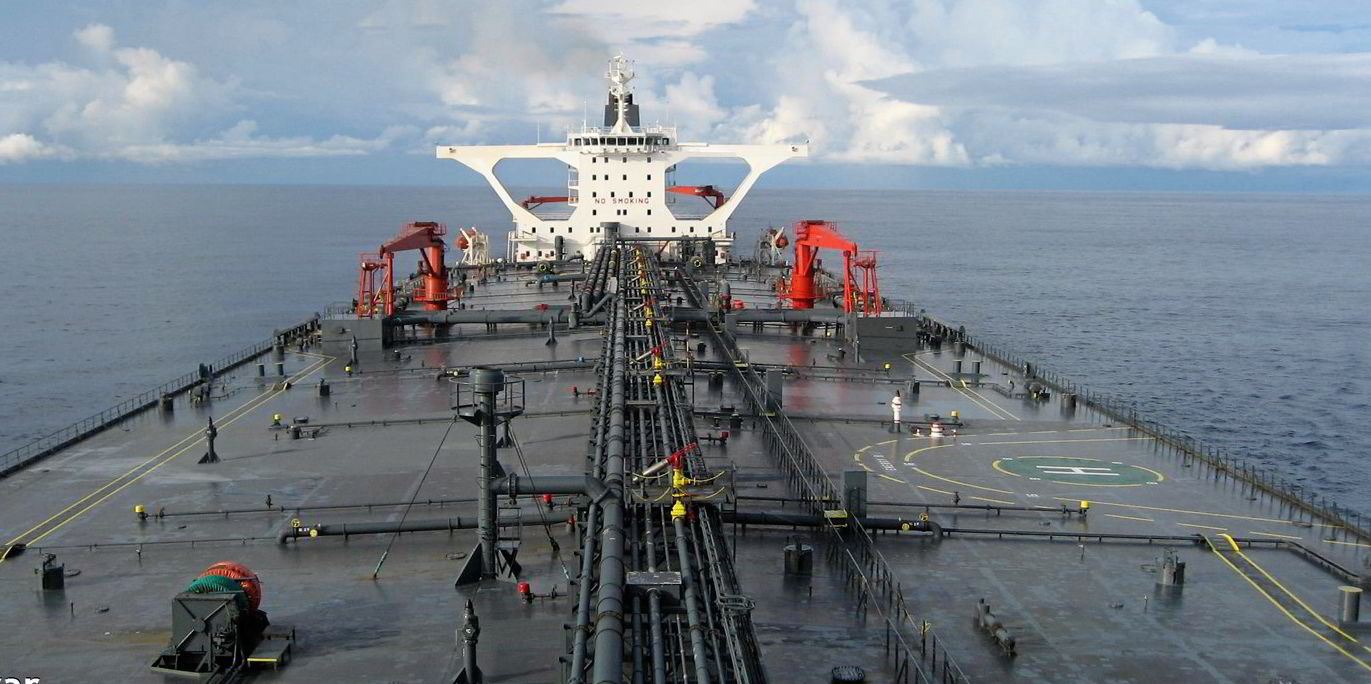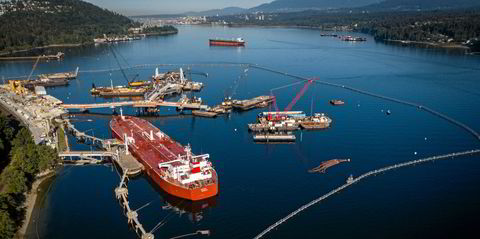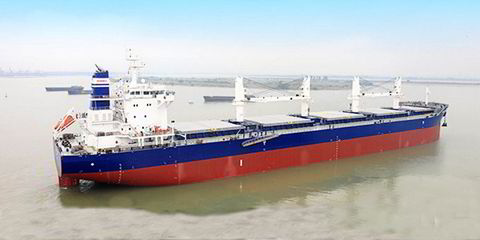DHT Holdings, one of the world’s largest VLCC owners, has foreseen a potentially prolonged tanker market downturn due to persistent tonnage oversupply.
Tanker earnings have slumped to multi-decade lows this year, but some optimistic players believe the outlook is brightening for the coming months.
In a conference call on Tuesday, DHT co-chief executive Svein Moxnes Harfjeld warned that the recovery “could come a bit later than most people suggest”.
“Oil inventory levels have been coming down and Opec+ is gradually increasing supply. But Covid is still impacting the demand picture,” Harfjeld said.
“And this happens at the time when the fleet is growing because the new ships are being delivered without retirement of older ships.”
With strong secondhand prices for old tonnage, only three VLCCs have been sold for demolition so far this year, according to Bimco.
“It's tough out there … There's too little cargo and too many ships,” Harfjeld said.
But most experts still expect tanker rates to eventually recover sometime by 2023 against the background of falling newbuilding deliveries, and a slow yet continuing oil demand recovery.
“The longer this [oversupply] drags out, the faster and more brutal recovery it could be,” Harfjeld added.
Despite weak vessel earnings, DHT enjoyed positive cash flows due to a low break-even level during the first half of this year.
The New York-listed owner of 26 VLCCs declared a dividend of $0.02 per share and bought back $22.5m stocks for the second quarter.
“While tanker rates remain low now, we believe it is just a matter of time before markets are at much healthier levels,” Clarksons Platou Securities analyst Frode Morkedal said.
“DHT has a strong balance sheet, positive cash flows even in a weak market, and attractive valuation.”
The company was active in the secondhand market earlier this year, having acquired two 2016-built ships and sold three 2004-built vessels.
Company executives reiterated DHT would take a breather from sale-and-purchase activity amid rising secondhand prices.
“We have no intention of selling any further ships on the side of the recovery,” co-CEO Trygve Munthe said. “The appreciation of secondhand values happened a little quicker and faster than we had expected.
“We got into a level where we're actually quite pleased with the fleet we have, and we really do not currently have any intentions to buy or sell. So it’s sort of a hold territory for us.”






